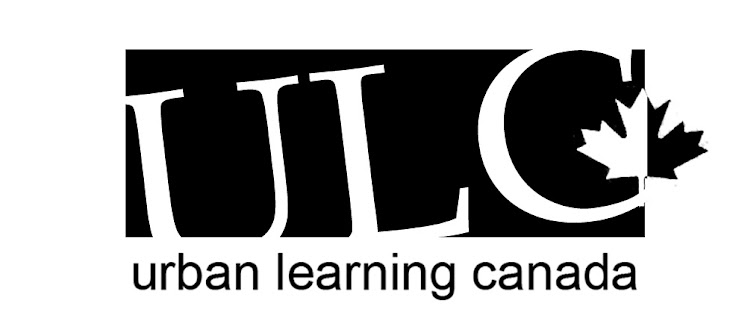
pick up, pick on, pick out, pick through....sounds confusing? That's because they really are. Here are some tips from the ULC grammar program to help you understand how to use phrasal verbs.
The term phrasal verb refers to a verb and preposition or adverb which together have a special meaning.
For example, put + off means “postpone.” Phrasal verbs are really common in informal English. There are two main types of phrasal verbs: separable and nonseparable.
The most basic rule for phrasal verbs is if it's seperable, put the object noun in the middle or at the end. If the object is a pronoun put it in the middle.
Separable Phrasal Verbs
a. I handed my paper in yesterday.
b. I handed in my paper yesterday.
c. I handed it in yesterday.
(Incorrect: I handed in it yesterday.)
For nonseparable verbs you can't split the verb at all.
Nonseparable Phrasal Verbs
a. I ran into an old friend yesterday.
b. I ran into her yesterday.
(Incorrect: I ran and old friend into yesterday.)
(Incorrect: I ran her into yesterday.)
Got it? Now that you have the this rule, Let's learn a few phrasal verbs. For more on phrasal verbs come by ULC in Vancouver.
act like (inseparable): behave in a way that's like _____ .
"What's wrong with Bob? He's acting like an idiot."
butt in(no object): impolitely interrupt (a conversation, an action).
"Hey, you! Don't butt in! Wait for your turn!"
chicken out (no object): lose the courage or confidence to do something--often at the last minute.
"Sam said he was going to ask Lulu for a date, but he chickened out."
drag on (no object): last much longer than expected or is necessary.
"I thought the meeting would be a short one, but it dragged on for more than three hours."
egg on(separable): urge / encourage greatly toward doing something (usually something negative).
"At first Bob and Chuck were just having a mild argument, but Bob's friends egged them on until they started fighting."
figure out (separable): logically find the answer to a problem; solve a problem by thinking about it carefully.
"For a long time I couldn't understand the last problem, but I finally figured it out."
give up (separable): stop doing something (usually a habit).
"He knows smoking isn't good for his health, but he can't give it up."

thx for sharing!
ReplyDelete